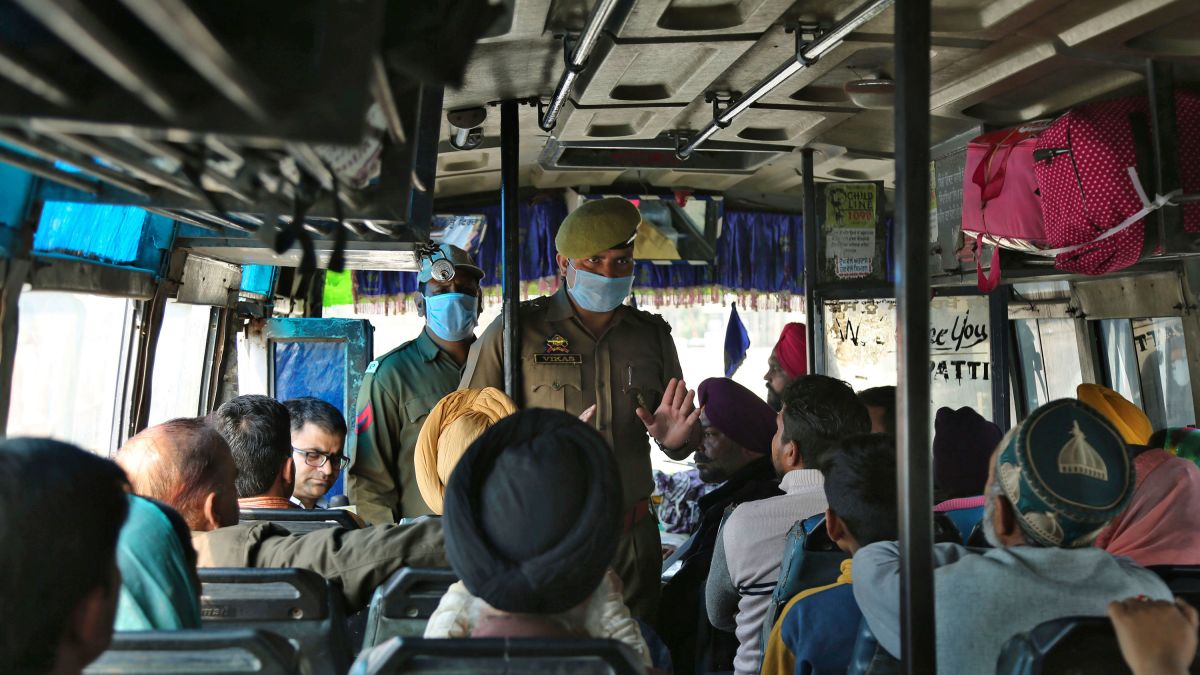With cases of COVID-19 reaching over 500 in India, governmental authorities of states and union territories are imposing Section 144 of the Code of Criminal Procedure and lockdowns to curb the local transmission of the pandemic.
Section 144 of the Code of Criminal Procedure essentially gives the power to a magistrate to issue an order in urgent cases of a nuisance or apprehended danger. Generally, Section 144 prohibits an assembly of 5 or more persons, however, its scope is much wider. Previously invoked in times of riots, protests, the current imposition of Section 144 has different implications.
The imposition prohibits any gathering of 5 or more persons and not just protests or demonstrations. Amidst the pandemic, it implies the prohibition of seminars, conferences, concerts, exhibitions, weekly markets, etc. The people are allowed to step out only to buy essentials such as groceries and medicines.
The transporting facilities have also been restricted, with police officials on the roads. Further, all the educational institutions are to remain closed during such period. In fact, higher educational institutions have also postponed their respective entrance tests conducted along with schools cancelling/postponing the final exams.
The police officials are ensuring strict adherence to the prohibitory orders issued under section 144 in the respective districts. The violators will be charged under Section 188 of the Indian Penal Code with a maximum punishment of 3 years with or without fine.
Over 75 districts in the country have declared a lockdown along with the imposition of Section 144 to contain the virus as much as possible given the absence of a cure and its highly contagious nature.

